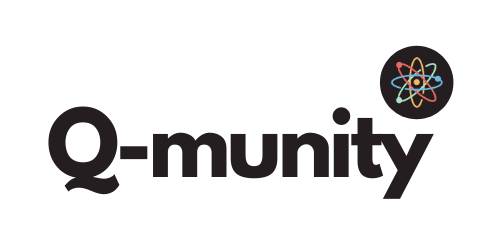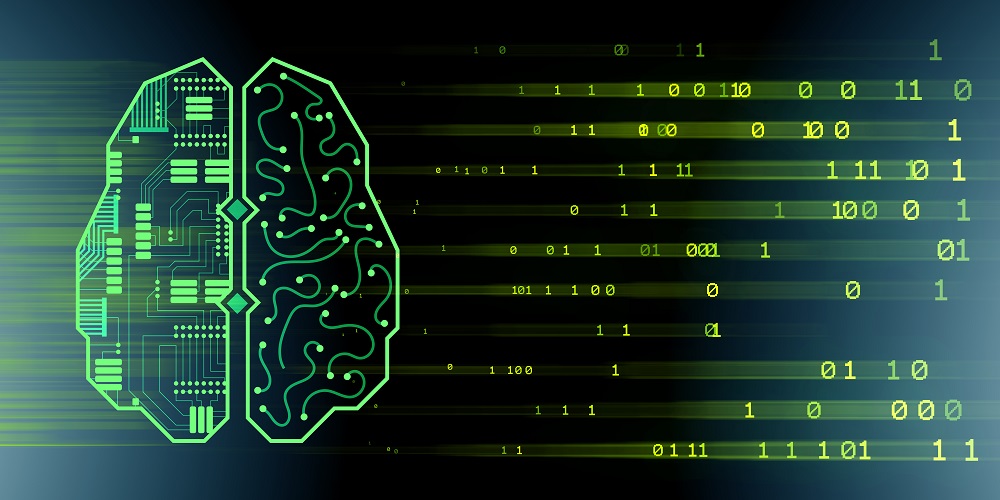How would you describe your job?
As a research scientist at the Amazon Quantum Solutions Lab, my work involves diving deep into a broad range of topics in quantum information theory and quantum computation while working with large corporate customers. I study things like applications of near-term and fault-tolerant quantum computers, methods of improving quantum computation using techniques like quantum error correction, and solving challenging industry problems using quantum technologies.
What is an exciting project you’re working on right now?
We’re working on solving some of the most interesting problems our customers have in areas like optimization, materials science, algorithm design, etc. These problems span many different industries, such as financial services, automotive, manufacturing, etc. I get to work on a diverse range of these topics, while also exploring my more academic interests in quantum error correction and near-term devices.
What kind of unique attributes does your company add to quantum computing?
Amazon’s customer-obsessed approach to quantum computing is unique in several ways. AWS is helping to bring quantum computing out of academic labs and into the hands of our customers by pairing this emerging new technology with the operational rigor of a globally scalable cloud. Our customer-facing research team -- the Amazon Quantum Solutions Lab -- is working closely with our customers and partners to solve their hardest problems today. While quantum computing promises new solutions to difficult problems, not every problem is a good candidate for a quantum solution, and we use whichever tool is right for the job. By pairing quantum solutions with state-of-the-art classical solvers, AI/ML, and high-performance computing, we are developing powerful hybrid solutions that can be put to use today, while remaining ready for quantum hardware advances tomorrow.
Why do you feel Amazon Web Services technology will be more beneficial to the quantum computing industry as opposed to other companies?
At AWS, we’re focused on our customers’ needs. We hear from academic researchers, enterprise level customers, startups, and ISVs building software for quantum computers. We listen to our customers, and we innovate on their behalf. We help customers build expertise, become thought leaders, develop proof-of-concepts, and push the boundaries of quantum computing. AWS also works hard to be a trusted voice for our customers, and this is especially true of the quantum computing team. It’s an exciting time for our field, but it’s still early days for technology. It’s more important now than ever to remain optimistic yet measured in our expectations, which is reflected in AWS’s approach to this emerging space.
What resources did you use to get familiar enough with QC to start working towards bigger problems?
There are several classic references for quantum computing that I used to get started (e.g., Nielsen and Chuang, John Preskill’s lecture notes, etc.), but most of my experience just came from doing. I was fortunate enough to have worked with many brilliant people on some fun projects, and I learned the majority of my quantum information knowledge in those collaborations. I never felt as though I crossed a threshold of familiarity with the material. There’s always more to learn, so the best time to start working on more challenging problems is now.
Do you have any particular advice for high school and college students, about anything?
Take your time and be open to new challenges. It’s important to figure out what you’re most interested in, and there’s no limit to the number of interesting things you can do. Don’t rush, be curious, and work on lots of different things (sometimes all at once). Some of the best ideas come from fitting two different things together, or by noticing patterns and connections between seemingly different fields.
Can you describe your personal vision of what the quantum computing industry will look like over the next decade?
While there’s a lot of excitement and growth in quantum computing, it’s still early days for the technology. As an industry, we’re making advancements at a very impressive rate, yet we still have a long way to go before we have large, fault-tolerant quantum computers that can run some of the algorithms we’ve discovered. I’m optimistic about the future of quantum computing. I don’t know what the next decade will bring, but that’s the exciting part! All of us working in this space is able to help shape that vision in a meaningful way, and I find that very appealing.
What data types, operators, and functions does a quantum computer support, compared to a traditional digital computer?
At the heart of quantum computers lies quantum information. Unlike classical information, Quantum information enjoys rich properties like superposition and entanglement. While quantum information processing has many similarities to classical information processing, the The two are fundamentally different. Quantum computers make use of reversible unitary operators to apply gates to quantum states, and measurement plays an important role. This is in stark contrast to the paradigm of traditional classical computers. Quantum computers aren’t just “faster”, they’re “different.” The full stack from individual, physics quantum system to high- level quantum algorithms coded in a quantum SDK involves paradigmatically new advances at each level. This is one of the reasons quantum computing is such an exciting field; there’s lots of room for improvement.
What are some misconceptions you think people have about quantum computing?
There are a few. One of the most common misconceptions is that quantum computers are just a faster type of hardware we can use to speed up calculations. The reality is that quantum computing is an entirely new way of processing an entirely new type of information. Another misconception is that quantum computing is too hard. Like any new topic, it can be intimidating to get started, since one needs to learn new terminology and jargon, previous results, and develop intuition. It’s true that there’s no compression algorithm for the experience one can gain by working in quantum computing for many years, but that doesn’t mean it’s impossible to ramp up and start making contributions in a short amount of time. A lot of the underlying mathematics behind quantum computing is very simple, and a lot of the “weirdness” of quantum mechanics can be demystified by just abstracting away the physics and looking at the math.
What sparked your interest in quantum computing, and at what age did you pursue this?
As an undergrad I took a course on the theory of quantum mechanics in which the lecturer taught the course with an information theoretic perspective in mind. I found that this way of thinking – that information is a fundamental concept in nature – really resonated with my own intuition. From there I sought out projects and research that let me explore this mindset further. I was initially interested in fundamental topics in physics (like gravity, cosmology, and questions about the nature of the universe), but I wanted to explore those topics through the lens of quantum information theory. It turns out that many of the laws that govern quantum computers also govern some of the most basic processes in nature, a fact that may be surprising until one views information as a (or perhaps “the”) fundamental concept.














